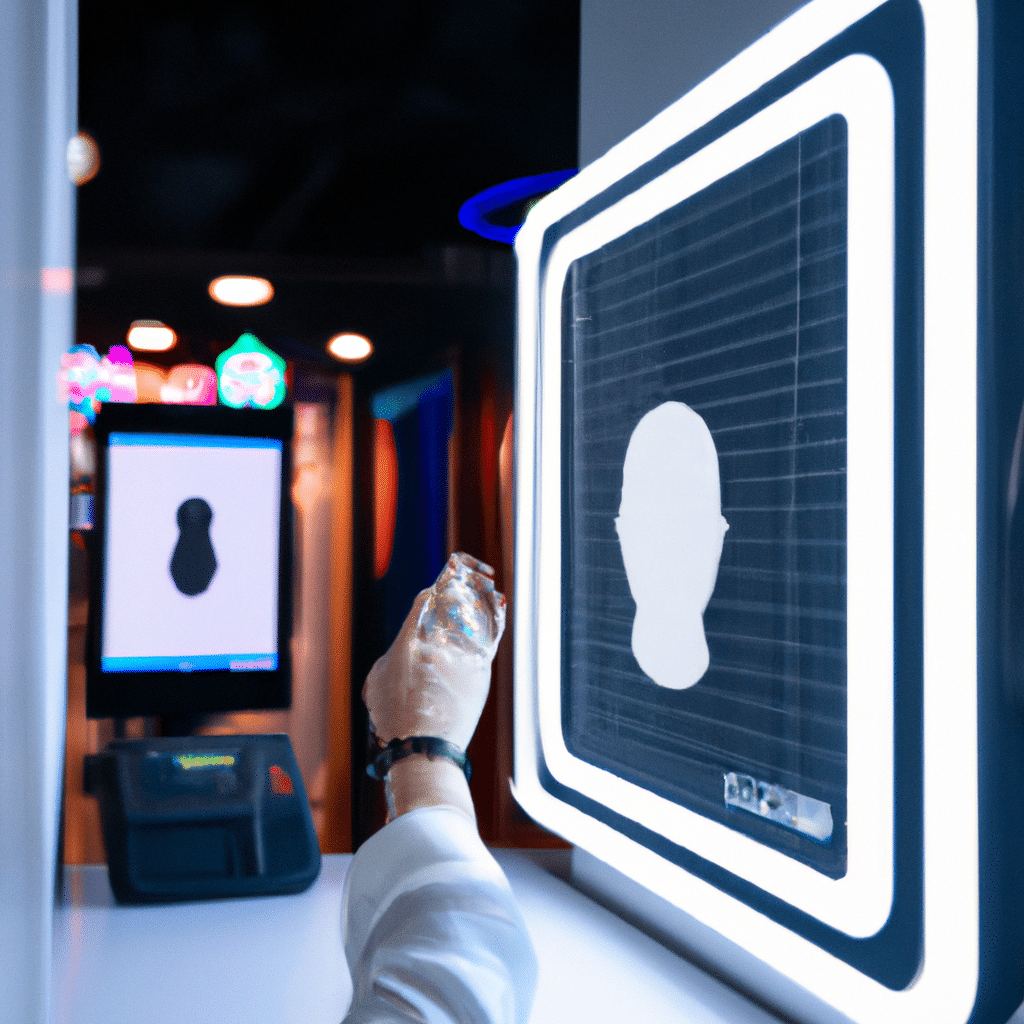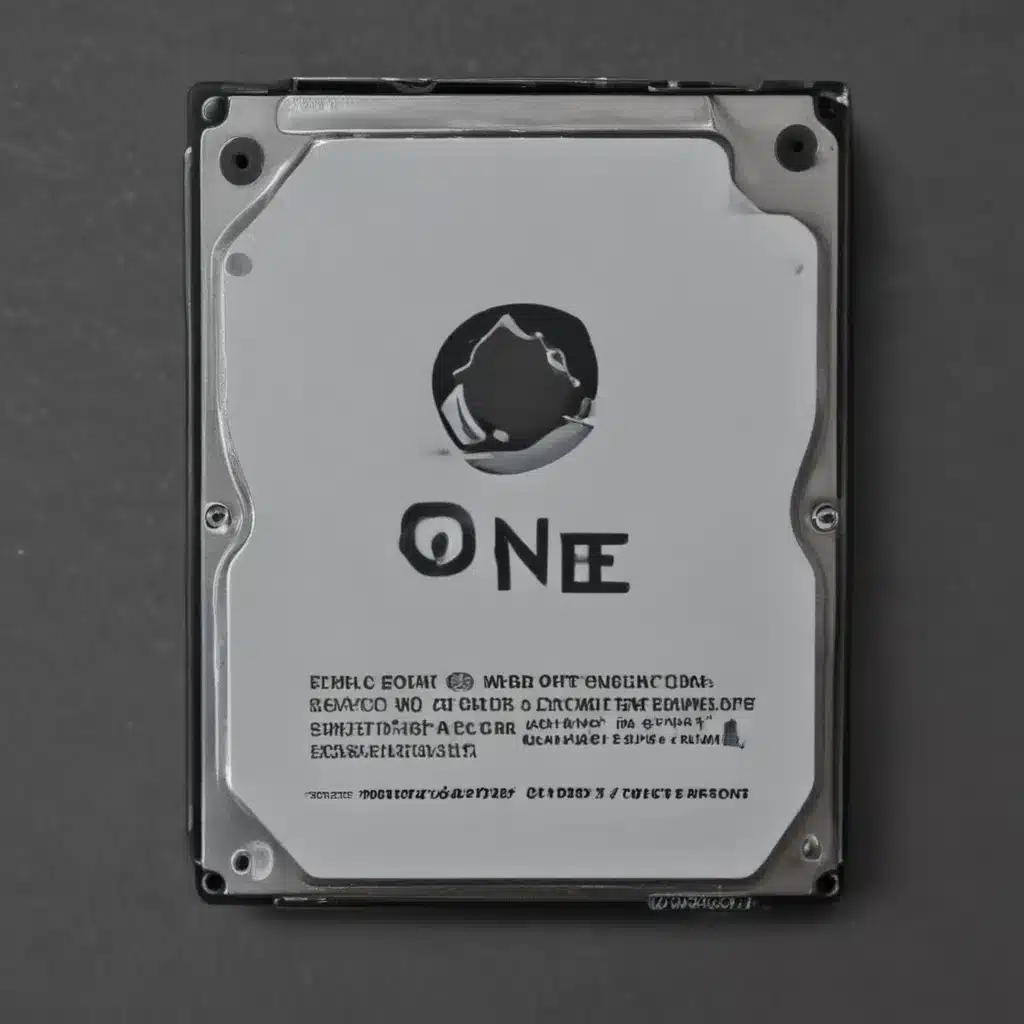The Potential of Biometric Technology in Security
In recent years, biometric technology has emerged as one of the most promising forms of security. Biometric technology uses unique biological characteristics, such as fingerprints, facial recognition, and iris scans, to identify individuals. This technology offers many advantages over traditional forms of security, including increased accuracy, convenience, and security. In this article, we will explore the potential of biometric technology in security.
What is Biometric Technology?
Biometric technology is a security system that uses unique biological characteristics to identify individuals. These characteristics include fingerprints, facial recognition, and iris scans. Biometric technology is based on the fact that these biological characteristics are unique to each individual and cannot be duplicated or replicated.
Biometric technology uses sensors to capture these biological characteristics and then uses algorithms to compare them with a database of known individuals. If the biometric data matches the data in the database, the system grants access. If the data does not match, access is denied.
Advantages of Biometric Technology
There are many advantages to using biometric technology in security. One of the biggest advantages is increased accuracy. Biometric technology is much more accurate than traditional security systems, which rely on passwords or ID cards. Biometric data is unique to each individual and cannot be duplicated or replicated. This makes it much more difficult for unauthorized individuals to gain access.
Another advantage of biometric technology is convenience. Biometric systems are much easier to use than traditional security systems. Users do not need to remember passwords or carry ID cards. All they need to do is present themselves to the sensor, and the system will grant access.
Finally, biometric technology offers increased security. Biometric data is much more difficult to steal than passwords or ID cards. Biometric data is unique to each individual and cannot be duplicated or replicated. This makes it much more difficult for hackers or thieves to gain access to secure areas.
Applications of Biometric Technology
Biometric technology has many applications in security. One of the most common applications is in access control. Biometric systems can be used to control access to secure areas, such as data centers, server rooms, and research labs. Biometric systems can also be used to control access to buildings, such as office buildings or government facilities.
Another application of biometric technology is in border control. Biometric systems can be used to identify individuals at border crossings, airports, and seaports. Biometric systems can be used to detect individuals who are on watchlists or who have criminal records.
Biometric technology can also be used in law enforcement. Biometric systems can be used to identify suspects in criminal investigations. Biometric systems can be used to match fingerprints or facial recognition data to databases of known criminals.
Challenges of Biometric Technology
While biometric technology offers many advantages, there are also some challenges. One of the biggest challenges is privacy. Biometric data is very personal and sensitive. There is a risk that biometric data could be stolen or used for nefarious purposes. It is important that biometric systems are designed to protect user privacy and that users are informed about how their data is being used.
Another challenge is accuracy. Biometric systems can sometimes generate false positives or false negatives. This can be a problem in situations where accuracy is critical, such as border control or law enforcement.
Finally, biometric systems can be expensive to implement and maintain. Biometric systems require specialized hardware and software, and they require ongoing maintenance and support.
Conclusion
In conclusion, biometric technology has the potential to revolutionize security. Biometric technology offers many advantages over traditional security systems, including increased accuracy, convenience, and security. Biometric technology has many applications in security, including access control, border control, and law enforcement. While there are some challenges to implementing biometric technology, these challenges can be overcome with careful planning and design. As biometric technology continues to evolve, it is likely that we will see even more applications in security and beyond.













